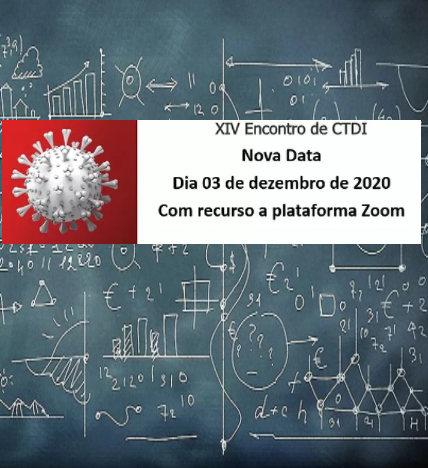How disinformation affects the organizations' performance in the digital era
DOI:
https://doi.org/10.34630/ctdi.vi.4541Palavras-chave:
Media Literacy, Disinformation, Misinformation, Strategic information management, Informational functions, Actors of strategic managementResumo
It is crucial to understand how information, when well managed, becomes the primary factor of intelligence and competitive advantage of an organization. Information management makes an essential contribution to achieving the organization's mission and strategy, affirming its business or area of operation, making its human resources and tangible resources profitable. Information is therefore so indispensable to the organizations that they often structure and classify it based on its organization, its functions and activities, that is to say, based on documentary production, information flowsbetween departments, archiving and proof that this information constitutes. In 21st century organizations, where the digital paradigm is omnipresent, it’s crucial that the information manager be aware that misinformation and disinformation are real threats to quality information and that can jeopardizethe success of effective information management. Through the literature review, we intend to reflect on various theoretical issues, highlighting ideas and good practices to combat the danger of this negative reality. These include the need for all employees of an organization to have media literacy skills, which can be fostered and formally provided by the institution throughlifelong learning.Referências
Barbosa, R. R. (2008). Gestão da Informação e do Conhecimento: Origens, Polêmicas e Perspectivas. Inf. Inf., Londrina 13(1esp.), 1–25. doi: http://dx.doi.org/10.5433/1981-8920.2008v13n1espp1
Tarafdar, M., D'Arcy, J., Turel, O., & Gupta, A. (2015). The dark side of information technology. MIT Sloan Management Review. 56(2), 60-71. Retrieved from: https://sloanreview.mit.edu/article/the-dark-side-of-information-technology/
European Commission. (2018). COMUNICAÇÃO DA COMISSÃO AO PARLAMENTO EUROPEU, AO CONSELHO, AO COMITÉ ECONÓMICO E SOCIAL EUROPEU E AO COMITÉ DAS REGIÕES: Combater a desinformação em linha: uma estratégia europeia. Retrieved from: https://secure.ipex.eu/IPEXL-WEB/dossier/document.do?code=COM&year=2018&number=236&appLng=PT
Lesca, H., & Almeida, F. (1994). Administração estratégica da informação, Retrieved from: https://tinyurl.com/ymf53vm5
Tarapanoff, K., Suaiden, E., & Oliveira, C. (2002). Funções sociais e oportunidades para profissionais da informação. DataGramaZero-Revista de Ciência da Informação, 3(5), 1-11.Retrieved from http://repositorio.ibict.br/bitstream/123456789/256/1/CECILIADTZ2002.pdf
Silva, A. M. (2006). A Informação: da compreensão do fenómeno e construção do objecto científico. Porto: Edições Afrontamento.
Szpitalak, M., & Polczyk, R. (2019). How to induce resistance to the misinformation effect? Characteristics of positive feedback in the reinforced self-affirmation procedure. Psychology, Crime and Law, 25(7), 771–791. https://doi.org/10.1080/1068316X.2019.1574791
Foresti, F., Varvakis, G., & Viera, A. (2018). A importância do contexto na Ciência da Informação. Biblios, 72. doi: 10.5195/biblios.2018.383
Dutra, F., & Barbosa, R. (2017). Modelos e critérios para avaliação da qualidade de fontes de informação: Uma revisão sistemática de literatura. Informação e Sociedade, 27(2), 19-33. doi: 10.22478/ufpb.1981-0695.2018v13n1.39297
Hobbs, R., & Jensen, A. (2009). The Past, Present, and Future of Media Literacy Education. Journal of Media Literacy Education, 1(1), 1–11. Retrieved from: https://digitalcommons.uri.edu/cgi/viewcontent.cgi?article=1000&context=jmle
Bulger, M., & Davison, P. (2018). The Promises, Challenges, and Futures of Media Literacy. Journal of Media Literacy Education, 10(1), 1–21. https://doi.org/10.23860/jmle-2018-10-1-1
Downloads
Publicado
Como Citar
Edição
Secção
Licença
Direitos de Autor (c) 2022 Actas do Encontro de Ciências e Tecnologias da Documentação e Informação

Este trabalho encontra-se publicado com a Licença Internacional Creative Commons Atribuição-NãoComercial-SemDerivações 4.0.


